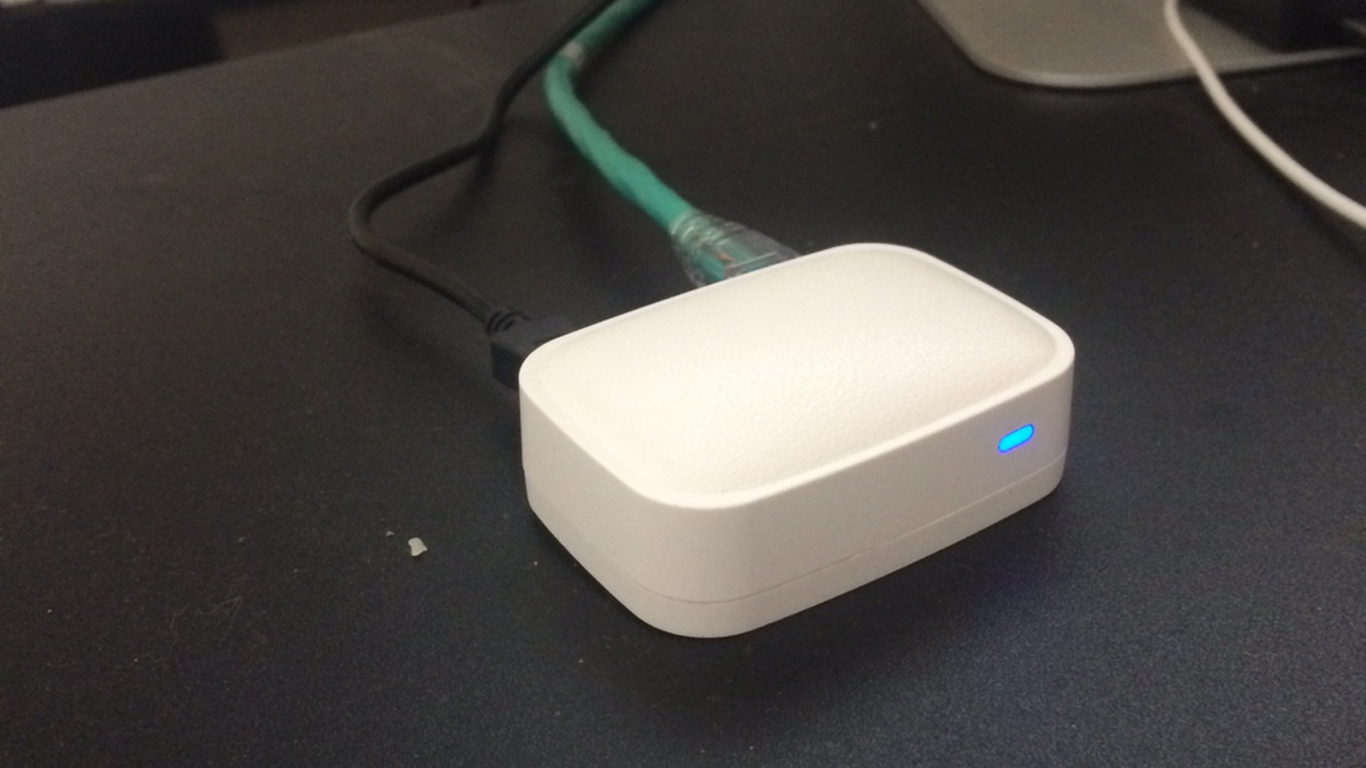 NEWS
NEWS
 NEWS
NEWS
 NEWS
NEWS
Anonabox – the Anonymizing Tor Based Router
In a world where TV shows make it obvious that most personal communications on the Internet are hardly anonymous—anyone who watches Scorpion or Person of Interest probably has this sense. Many users may desire to return to a sense of simple security and privacy. But privacy often proves far from simple and most Internet users just take their lumps.
So when August Germar brought Anonabox to Kickstarter, only asking $7,500 for an Internet router that promised to make security as simple as plugging in an appliance, pledgers responded in kind by raising the project over $585,549. This would not last, however, as the project’s popularity grew so did criticism of its claims and swiftly claims of the Anonabox’s origins and capabilities came under scrutiny. And by last Friday, Kickstarter had pulled the project.
The Anonabox promised to be an Internet router that would pass all communications through the privacy network Tor. It was supposed to be a $45 router, running on custom hardware, built by Germar, and running on fully open source software. However, after security experts began to look into these claims it became apparent the hardware was not custom; instead it was a tweaked platform from a Chinese supplier. And there were security flaws in the operating system; such as a hard-coded root password that would provide a wide-open backdoor for potential hackers.
These revelations led to a staggering backlash from would-be investors and a great deal of grumbling.
Germar went on record with WIRED repeatedly during the backlash, claiming and retracting claims, until finally it was too much for Kickstarter.
In the e-mail discussing the suspension of the project, Kickstarter told backers that the Anonabox posting had violated Kickster’s rules. These rules broken included “offering purchased items and claiming to have made them yourself,” “presenting someone else’s work as your own” and “misrepresenting or failing to disclose relevant facts about the project or its creator.”
The explosive interest in a $45 appliance that non-technical users can plug into their network and simply receive privacy has shown a strong market interest. The problem: privacy is not simple.
In the computer world security and privacy represent an ongoing struggle against increasingly complex networks and computing systems and the increasing value of data produced by Internet users. Most privacy software is not designed for the faint-of-heart, has pitfalls that non-technical users cannot hope to overcome (such as Tor), or is so technical that the average Internet user has a hard time implementing it (such as most encryption.)
The Anonabox is not the only hardware offering a privacy appliance currently. Other projects are sprouting up to reach out to the demand in what may become the next electronics race when it comes to networking. One such product is the $198.95 NetNinja sold by a retailer of the same name.
The NetNinja also plugs into the network and can send traffic bouncing through Tor or can allow users to sign up for a Virtual Private Network (VPN) and use that instead to direct traffic. Users can sign up for NetNinja’s VPN (for $8.99/mo) or use their own. Tony Gaitatzis from NetNinja hopes to provide a simple privacy solution, similar to Anonabox, to non-technical users and expressed to SiliconAngle that much networking equipment (routers especially) are difficult to set up with arcane settings and complex back-end user interfaces.
While Anonabox’s Kickstarter failed due to security concerns and false claims, Gaitatzis may eventually also set up a Kickstarter to pave the way for a cheaper NetNinja—and he hopes for a better outcome and may get it if the NetNinja goes to market as a more mature product than the Anonabox.
Support our mission to keep content open and free by engaging with theCUBE community. Join theCUBE’s Alumni Trust Network, where technology leaders connect, share intelligence and create opportunities.
Founded by tech visionaries John Furrier and Dave Vellante, SiliconANGLE Media has built a dynamic ecosystem of industry-leading digital media brands that reach 15+ million elite tech professionals. Our new proprietary theCUBE AI Video Cloud is breaking ground in audience interaction, leveraging theCUBEai.com neural network to help technology companies make data-driven decisions and stay at the forefront of industry conversations.